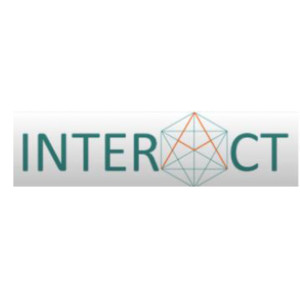 \
&
Contact us
\
&
Contact us
 \
&
Contact us
\
&
Contact us
Starts in 1 week from now
Locationonline
ProgrammesThe multi-actor approach (MAA) is often a mandatory requirement in Cluster 6 calls of Horizon Europe. As many people are not aware how to handle this topic, NCP Flanders and ILVO have decided to organize a webinar on how to approach co-creation and the multi-actor approach (MAA) in Horizon Europe project proposals.
The main speaker of the 1 hour webinar is Doctor Hanne Cooreman. She is experienced in researching learning and facilitating co-creative processes within European multi-actor projects at the Flanders research institute for agricultur, fisheries and food (ILVO). In Horizon Europe initiatives such as PREMIERE and RUSTICA, and national projects such as B3W, she focused on embedding participatory methodologies that foster meaningful collaboration between farmers, advisors, researchers, policymakers, and other stakeholders. During the webinar, she will share in which ways the PREMIERE project aims to put the conceptual EU framework on multi-actor into practice and focus on how you can use the easily accessible PREMIERE toolbox.
The testimonial will be presented by Kevin Dewitte who works as an educational supervisor at the Faculty of Bioscience Engineering, Department of Plants and Crops of Ghent University. He has worked on multiple projects:
During the webinar he will present how the MAA was included in the preparatory phase and during the Horizon Europe project Legendary.
This is the programme:
You can register for this event via this link.
We offer news and event updates, covering all domains and topics of Horizon Europe, Digital Europe & EDF (and occasionally, for ongoing projects, Horizon 2020).
Stay informed about what matters to you.
By signing up, you can opt in for e-mail notifications and get access to
a personalised dashboard that groups all news updates and event announcements in your domain(s).
Only for stakeholders located in Flanders

Professor Inez Germeys leads the Center for Contextual Psychiatry at KU Leuven, which is a large multi-disciplinary research group focusing on the interaction between the person and the environment in the development of psychopathology. She has received a European Research Council (ERC) Consolidator grant (INTERACT) and Proof of Concept grant (IMPACT). With these grants professor Germeys and her team researched a new mobile self-management therapy for patients with a psychotic disorder. The Acceptance and Commitment Therapy in Daily Life (ACT-DL) was further developed for the clinical environment. In line with that the Horizon 2020 IMMERSE project aims to thoroughly evaluate strategies, processes, and outcomes of implementing a digital mobile mental health solution.